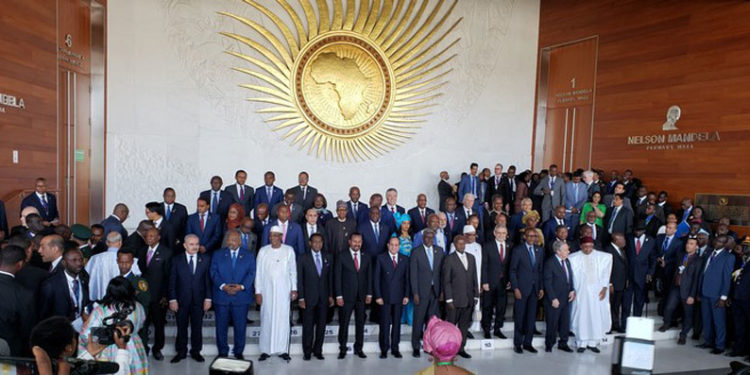By Denis Jjuuko
When Covid-19 struck Europe and North America, it stretched the health sector given the sheer numbers of people getting infected per day. With a global lockdown, it became difficult for the health sector to get supplies even for simple things like medical gloves. It is not uncommon to see stories of health workers in the world’s most advanced economies using garbage bags as personal protective equipment! You could think these were health workers in the poorest countries of the world!
Some of the Covid-19 patients need to be admitted to Intensive Care Units (ICU) to survive given the difficulties in breathing that they experience. With ICUs overwhelmed, people realized that a medical ventilator is not very different from some of the parts used in cars we use every day. Global carmakers are quickly turning some of their car parts making processes to making low-cost ventilators.
I read in the papers last week that Kiira Motors engineers working with experts at the Makerere University School of Public Health are in advanced stages of releasing a Ugandan made ventilator which can be used in hospitals not only for Covid-19 patients but whoever may need it. This is one of the most significant positive outcomes of the Covid-19 crisis.
It is said that the average price of a ventilator is approximately US$25,000 or Shs95 million. That is more expensive than many brand new saloon and compact cars in the developed world. Although I believe that if we prioritized our public expenditure we can afford many of them, they are still very expensive. The ventilators being made using car parts and indeed other stuff which are even available in hardware shops will cost under Shs3 million. Yes, under a US$1,000. This means that ventilators could easily be available even in the Health Centre IIs that most Ugandans access for treatment.
The world should not stop on ventilators though. They should look for ways to innovate other expensive equipment. We hardly have functional neonatal ICUs in this country. Many babies are born when they need incubators which are also very expensive. Engineers should be working on that too.
Sometime last year, a photo emerged of babies being born in a public hospital in Kawempe and they didn’t even have cots — of all things. Imagine those that needed incubators! The coronavirus has taught us that they are more ways to use certain things than one. Cars have been on the market for many decades but without Covid-19, we wouldn’t have known that their parts can be life saviours.
But Europe and North America have moved faster in turning car parts to hospital-grade ventilators because they have built the capacity to make vehicles for more than 100 years. Africa, apart from largely South Africa and now Morocco, have mainly been consumers of automobiles yet the technology to make the vehicles has been in existence for over a century. We prefer to go for small things and believing in the western narrative that we don’t have the comparative advantage to make big things. China only started becoming the factory of the world less than 30 years ago. Where did they get the comparative advantage?
China imports most of the raw materials they need to make vehicles and other goods from all over the world with many coming from Africa. What stops us from turning those raw materials into parts than can feed our industries?
We have been told for far too long that China has cheap labour. I don’t think they have cheaper labour than Africa. There are more than 1.3 billion people in Africa while China is slight over 1.4 billion people. Most people in Africa are poorer than those in China so if we talk of cheaper labour, it is right here in Africa. We also have one over China because we have the raw materials.
The Covid-19 crisis coupled with the capability of Makerere University and Kiira Motors to quickly turn ordinary materials into ventilators means that we need now more than ever to believe and support our entrepreneurs and innovators. This would help us to build the capacity we need as a country and continent to solve the problems of our time in case of other pandemics. Although Africa hasn’t yet reached the levels of Europe and North America in terms of Covid-19 infections and deaths, we are more susceptible to epidemics. Ebola has been causing as much havoc and so are other diseases. It is time to build our systems now.
The writer is a communication and visibility consultant. djjuuko@gmail.com
Do you have a story in your community or an opinion to share with us: Email us at editorial@watchdoguganda.com












